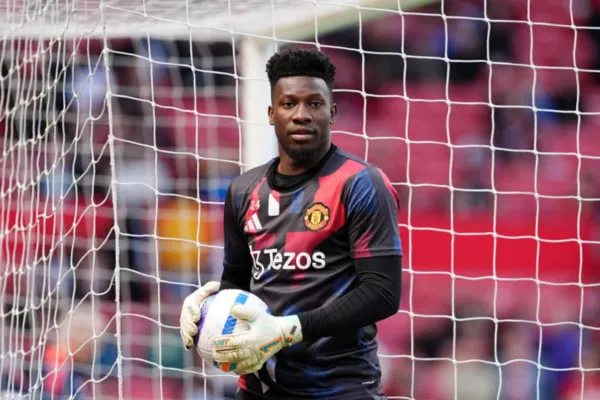
Navigate preseason
How to Navigate Preseason as a Goalkeeper (and Coach): A Guide for NCAA Division 1

The start of preseason for NCAA Division 1 programs is here. For goalkeepers, it’s one of the most intense and crucial parts of the year. It’s not just about making it through , it’s about setting the foundation for your entire season.
From the Coach’s Standpoint: Build the Standard Early
Preseason is arguably the period where you get the most concentrated time with your goalkeepers. As a coach, this is your golden window to establish habits, technical foundations, and team culture.
1. Come in With a Plan
Don’t just wing it. Have a detailed goalkeeper plan aligned with the team’s overall preseason objectives. Consider: Technical focus areas (shot-stopping, handling, distribution) Physical conditioning (specific to GK movements: explosive power, lateral agility) Psychological preparation (confidence, communication, dealing with mistakes) ,Load management (balance between GK training and team fitness sessions)
2. Be Vulnerable and Collaborative
Sit down with your goalkeepers early on. Ask them: What went well last year? What didn’t? What do they feel they need to improve?
This dialogue helps you align expectations and fosters ownership. When they feel heard, buy-in increases.
3. Mind the Total Load
Remember, your goalkeepers will also be absorbing fitness sessions, tactical work, and scrimmages. Push them technically and tactically, but avoid overloading with high-intensity drills every day. Alternate days of heavy work with lighter, technical focus to protect them from fatigue-related injuries.
4. Set Standards and Culture
Preseason is where habits are born. Demand consistency in: Communication with back line, Training intensity ,Recovery protocols (hydration, nutrition, sleep) , Your standard now becomes their baseline.
From the Athlete’s Perspective: Take Ownership of Your Preseason
As a goalkeeper, the best way to "win" preseason starts long before. Make sure you have done your best on the post season
1. Offseason Preparation is Key
The best prepared keepers don’t use preseason to "get fit." They arrive fit and ready to compete. Ideally, offseason includes: Strength training (focus on explosive movements, core stability) , Goalkeeper specific conditioning (short sprints, plyometrics, change of direction), Technical reps (handling, footwork, distribution)
If you didn’t do as much as you wanted, be smart now: focus on consistency and recovery to avoid overtraining.
2. Prioritize Recovery and Nutrition
Preseason demands are high: likely two sessions a day plus meetings. Recovery is your superpower:
Nutrition: Fuel your body like a high-performance machine. Prioritize carbs for energy, protein for recovery, and hydration to avoid cramping.
Stretching/Mobility: Commit 10-15 minutes post-session for mobility work.
Sleep: 8+ hours per night. Non-negotiable.
3. Mindset: Embrace the Grind
Preseason will test you physically and mentally. Stay present. Focus on winning each session. Don’t fear mistakes; use them to adapt. Support your teammates , leadership matters.
4. Communicate With Your GK Coach
Be proactive. Let them know how you’re feeling physically and mentally. If something feels off (niggles, fatigue), speaking up early prevents bigger problems later.
5. Set Your Personal Standards
Define what success looks like for you in preseason: Better distribution under pressure? Louder, more effective communication? Sharper reactions in tight spaces? Write these goals down and check progress weekly. Postseason: Reflect and Recharge
Once preseason and your competitive season are over, don’t fall into the trap of doing nothing for 2 months. Postseason is about: Active recovery (light training, mobility, low-impact cardio) Reviewing game footage to identify strengths and gaps , setting a plan for the offseason to come back stronger , physical benchmarks, psychological growth
Key Takeaways for Coaches and Athletes
Coaches: Use preseason to set the tone, manage load smartly, and involve your GKs in planning.
Athletes: Arrive fit, prioritize recovery, embrace the mental grind, and communicate openly.